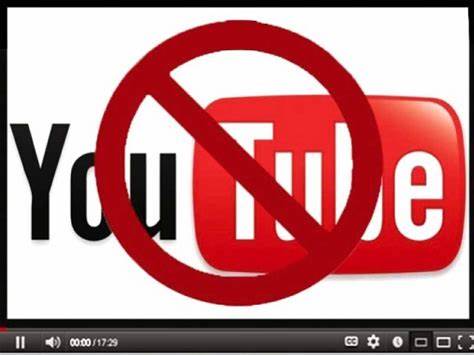
Users of YouTube in Pakistan are currently experiencing difficulty accessing the platform. The root cause of this issue, which is preventing YouTube from functioning in Pakistan, will be elaborated on in full detail.
Why YouTube Is Not Working In Pakistan?
Access to YouTube, as well as Facebook and Twitter, has been halted by the Pakistani government. This measure has been taken as a precautionary step to prevent the spread of misleading information following the arrest of Imran niazi. The internet speed has also been reduced to aid in controlling the situation.
While this decision has been made in order to maintain stability, it has been met with criticism, as it is seen as a violation of the right to information. This is not the first time that YouTube has been blocked in Pakistan; previously, from 2012 to 2015, uploads of anti-Islam videos were banned for an extended period of time.
In response to violent protests sparked by the arrest of PTI Chairman Imran Khan, the regulatory authority suspended mobile broadband and limited access to social media platforms such as Twitter, Facebook, and YouTube, as per instructions from the interior ministry.
The Pakistan Telecommunication Authority (PTA) justified this move by stating that the data service was being used to spread violence across the country, which was evident from the footage of mob clashes with the police in Karachi and other incidents. However, this suspension caused significant losses for businesses, with a 50% decrease in point-of-sale transactions via the country’s primary digital payment systems reported the day after the arrest. Despite calls for the restoration of the data service, Interior Minister Rana Sanaullah announced that the suspension would continue until those responsible for the recent protests’ violence and property damage were caught.
Amnesty International criticized the “indefinite” mobile internet shutdown, citing it as a violation of the people’s rights to information and free expression, and called for an immediate lifting of the restrictions. Over 100 members of the business community and civil society also condemned the shutdowns, content blocking, and filtering of internet services, calling them unjustifiable limitations on the rights of peaceful assembly and freedom of association and expression.
The statement also pointed out the negative impacts of internet disruptions on Pakistani startups, freelancers, and digital creators, who rely on internet-dependent services for essential activities such as healthcare, emergency services, and financial services.






